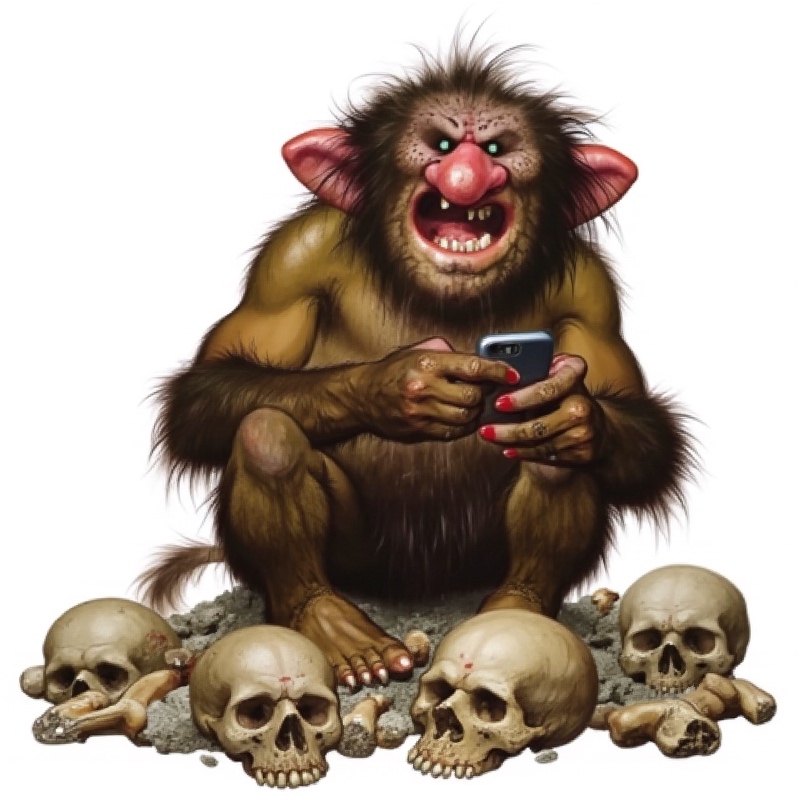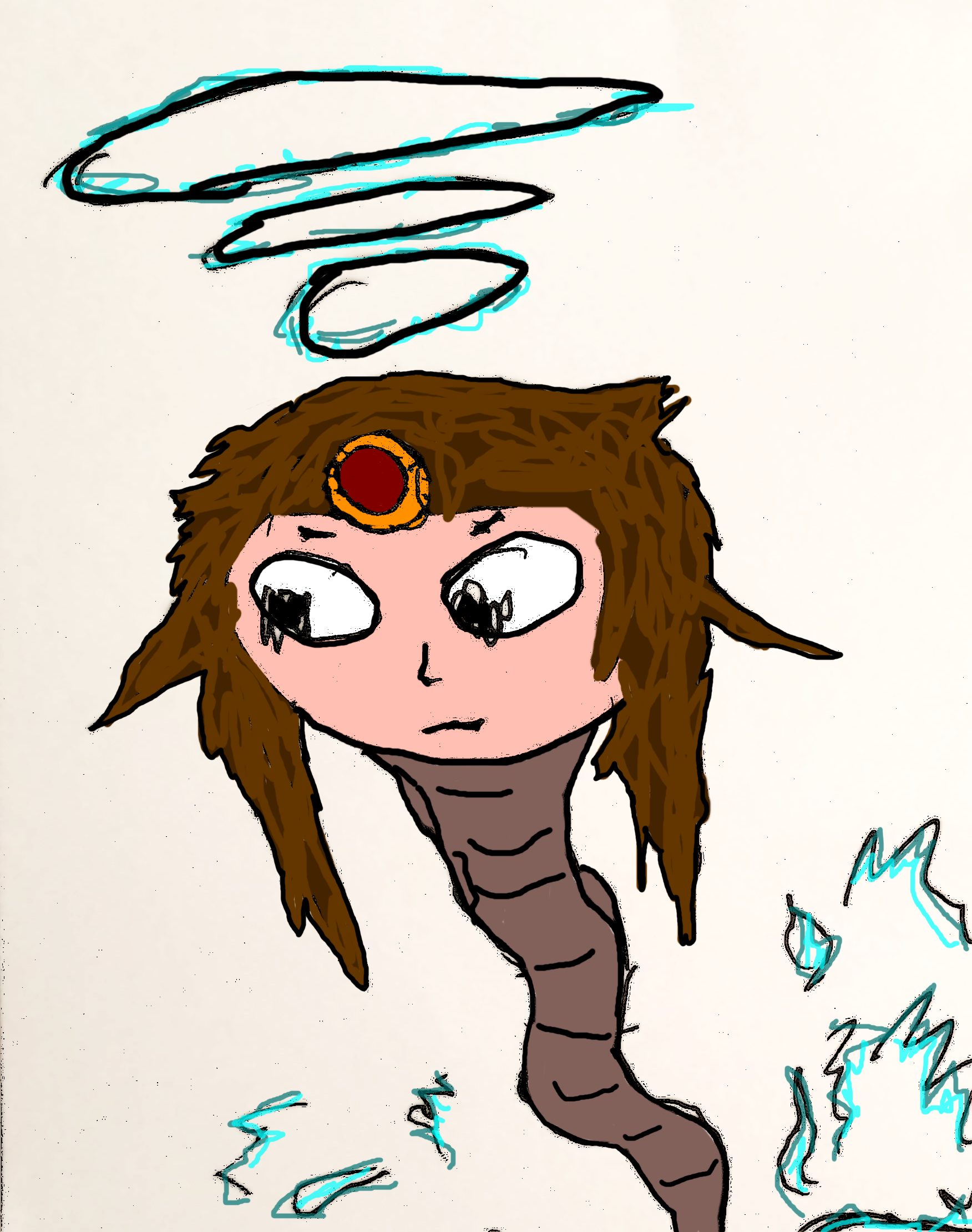While in the past doing a reprint of a book, movie or game was expensive and wasn't worth if something wasn't popular, now selling something on a digital store has only a small initial cost (writing descriptions and graphics) and after that there's nothing more. So why publishers are giving up on free money?
I thought to those delisting reasons:
-
Artificial scarcity. The publisher wants to artificially drive more sales by saying that's a limited time sale. For example that collection that included sm64. super Mario Galaxy and super Mario sunshine on switch. The greedy publisher essentially said "you only have 6 months to get this game, act now" and people immediately acted like "wow, better pay $60 for this collection of 3 old games, otherwise they'll be gone forever!” otherwise they would have been like "uhm, i liked super Mario sunshine but $60 for a 20 years old game? I'll think about that"
-
Rights issues. For books the translation rights are often granted for a limited time; same for music in games; or if it's using a certain third party intellectual property. Publisher might decide that the cost for renewing the license is too high compared to projected sales, while the copyright owner instead still wants an unrealistic amount of money in a lump sum instead of just royalties. Example is Capcom DuckTales remastered, delisted because Disney is Disney.
-
Not worth their time. Those sales need to be reported to governments to pay taxes and for a few sales, small publishers might prefer to close business rather to pay all the accounting overhead. Who's going to buy Microsoft Encarta 99?
-
Controversial content: there are many instances of something that was funny decades ago but now is unacceptable. Publisher doesn't want to be associated with that anymore
-
Compatibility issues. That game relied on a specific Windows XP quirk, assumed to always run as admin, writing their saves on system32, and doesn't work on anything newer. The code has been lost and they fired all the devs two weeks after the launch, so they're unable to patch it.
In all those cases (maybe except 5), the publisher and the copyright owners decided together to give up their product, so it should be legally allowed to pirate those products.
If I want to read a book that has been pulled from digital stores and is out of print, the only way to do is:
- Piracy (publisher gets $0 from me)
- Library (publisher gets $0 from me)
- Buying it from an ebay scalper that has a "near mint" edition for $100 (publisher gets $0 from me)
And say that I really want to play super Mario sunshine. Now the only way is to buy it used, even if they ported it to their latest game console and it would literally cost them nothing to continue selling it. But if I buy it used, Nintendo gets the exact same amount of money that they would if I downloaded it with an "illegal" torrent.
In short: they don't want the money for their IP? Then people that want to enjoy that IP should be legally allowed to get it for free
How about:
If a item isn't available for sale, the copyright is abandoned and now public domain.
The items would just be kept on sale at hugely inflated prices
Careful what you wish for- with cheaper storagesolutions and advance in ai someday it might come true. How about a limit ln copyright for say at most 20 years like for medicine ip? It is sick medias copyrights can be held in practical perpetuity.
I have a better idea. Define piracy as profiting off of the creative work of another without compensation. Piracy for personal use is theft only in the amount it was offered for sale. For torrenting it could be argued you have stolen 1 copy plus your seed ratio. However, lots of content isn’t even available for legal purchase, only subscription for viewing. Owning a copy of this content is not piracy because it did not interfere with the sale of the item (since it’s not offered for sale). Therefore, an act of media preservation is theft by this definition, but the amount or value of that theft is $0, because it’s not currently offered for sale.
Piracy for personal use is theft only in the amount it was offered for sale.
copying is not and cannot be theft
Once you put something out into the world, it’s no longer yours really.
-Bandit Heeler
personally i like to think of piracy as dissemination of illegal copies for personal gain.
Let's be real, this should extend even beyond piracy.
History is full of examples of companies buying patents for good innovations and intentionally burying them because they compete with or are too similar to the company's offerings.
Think about that - literal pieces of human innovation, steps in the ever-evolving game of technological development.... just buried for no reason other than because some company thought they'd make more money without it and had the capital to force the situation.
It's gross.
We as a people should absolutely reject the idea that which has been brought into our world through the creativity of humanity should be able to erased by the greed of monsters.
Free knowledge, free humanity.
Think about that - literal pieces of human innovation, steps in the ever-evolving game of technological development… just buried for no reason other than because some company thought they’d make more money without it and had the capital to force the situation
in defense, if the patent was better, it would've been used, otherwise it's going to be about the same as the existing patent.
Really the only crime here is removing innovation from the open market. And bringing it into the closed market, Which is, less than ideal.
"intellectual property" and copyright would just be totally abolished in an ideal world
If I can't buy it, and own it, for a reasonable price - Piracy is acceptable. Copyright holders are required to sell/license their product in an accessible and reasonable manner in order to assert their copyright over consumers.
If I can't legally obtain a copy for a period of time longer than a year - Piracy is acceptable. Withholding copyrighted products to make them artificially scarce or to manipulate sales of other products is the same as the previous scenario; it is a failing to sell your product in an accessible manner.
If the only manner of sale is 'a streaming license of the content' - Piracy is acceptable. If I cannot go to any retailer and buy a physical copy legitimately, expect users to ignore unreasonable terms of sale to access their content in a format of their choosing. This physically sold copy may be reasonably more expensive than the digital license edition; but not over significantly in excess of the cost of box/media/cover art. Make a profit; not a mint.
If the only version of physical media is over-encumbered with Rights Management or other digital restrictions - Piracy is acceptable. Sold physical copies must be playable on any compatible device as determined by the media format with minimal exceptions. We shouldn't need to connect our BluRay players to the internet every month to pull fresh certs down and lose the ability to play new BluRays when the player runs out of cert storage or becomes unsupported.
I think having a sense of entitlement to any IP is wrong by default. That's not to say that there's no merit in conservation efforts, but just have the balls to say you want something for no other reason than you wanting it and stop pretending there's some form of universal right at play. Be honest about when your selfishness makes you want to bend the law. The value of laws is subjective and so is morality. Period.




